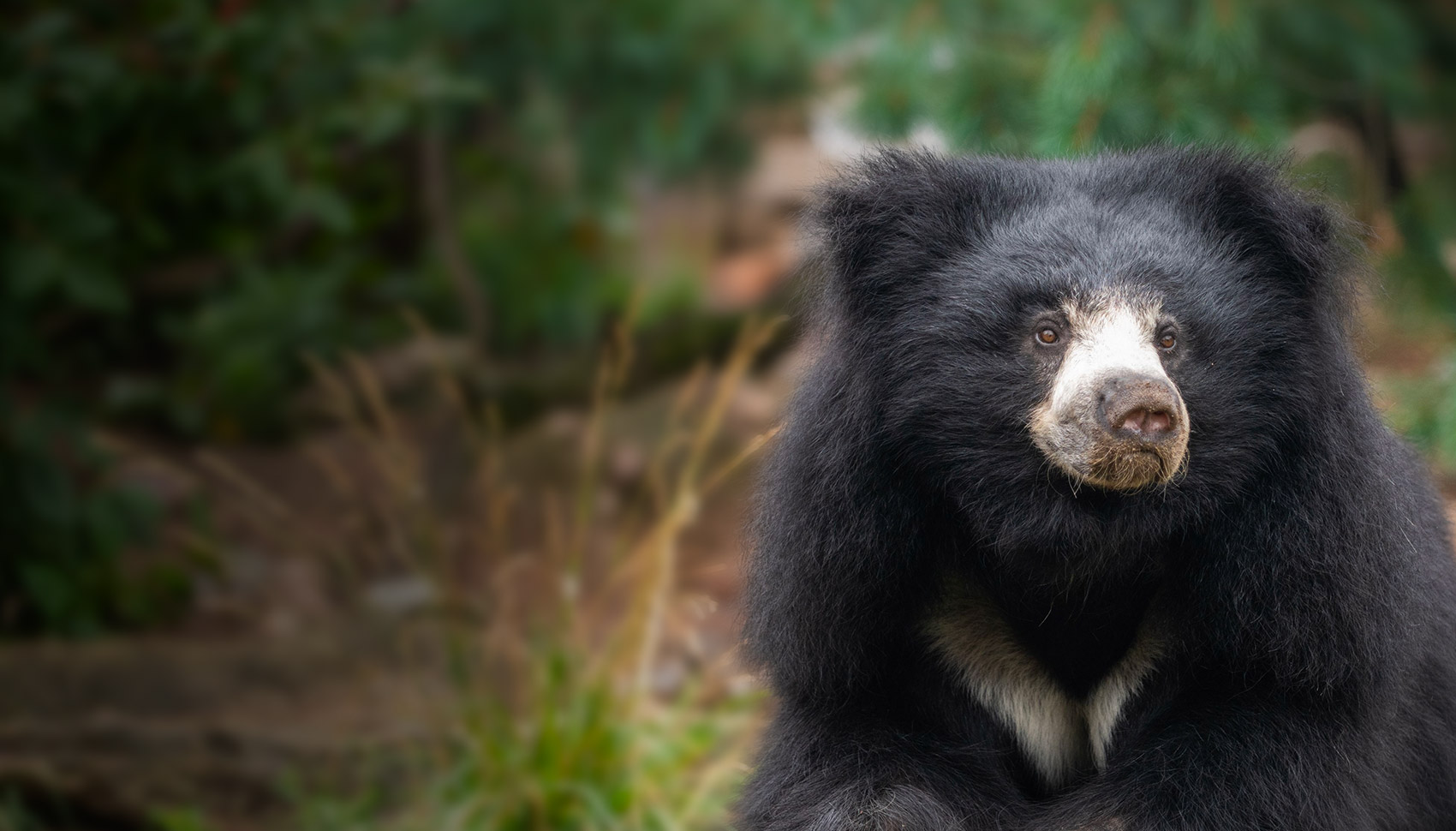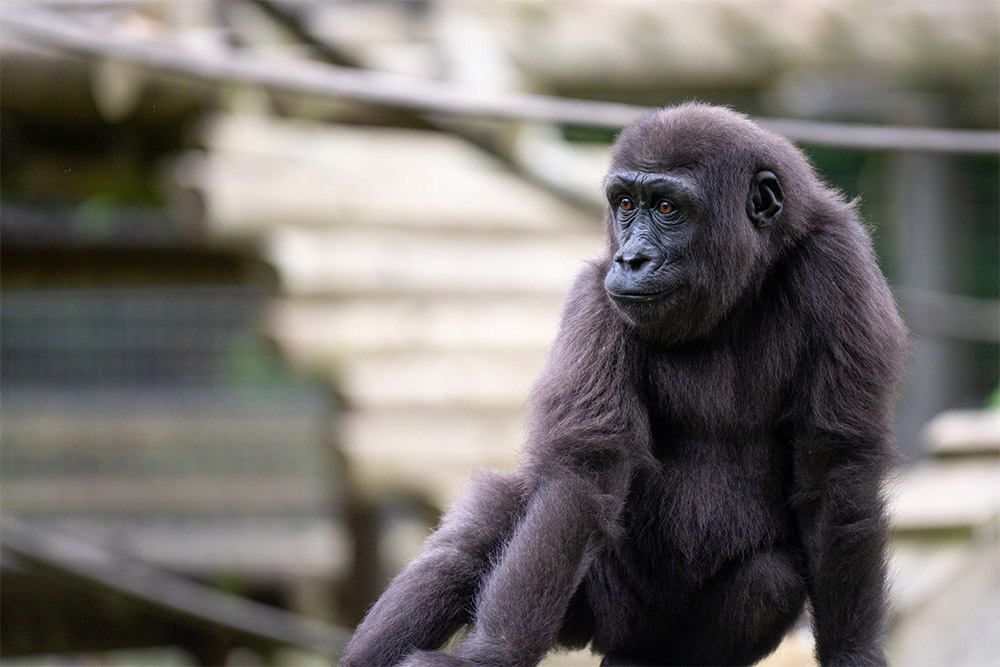


When you visit the Columbus Zoo and Aquarium, you are supporting an organization dedicated to meeting—and advancing—the highest standards of care to assure that we are providing top quality health and wellbeing for the animals at our Zoo.
We strongly believe it is our responsibility to make sure that every animal receives species-appropriate habitats, diet, social interactions, and enrichment.
Animal wellbeing is defined as an animal’s collective physical, mental, and emotional states over a period of time.
Animals typically experience good wellbeing when they are healthy, comfortable, well-nourished, safe, and have the ability to develop and express species-typical relationships, behaviors, and cognitive abilities.

Our dedicated teams have always worked to provide the animals with the best possible care, but they (along with other zoos and aquariums) continue to work to take it a step further. In 2018, the Columbus Zoo created an Animal Wellbeing Committee with representatives across our facility, universities, and other wildlife organizations, to develop a robust program that uses science-based evaluations and data to:
Our animal wellbeing program is set so that it helps provide our teams with a comprehensive understanding of every animal in our care. An essential part of evaluating the wellbeing of each animal is to study the animals in their Zoo habitats, with the understanding that small changes like a new item in their habitat, life-changing events such as a birth, and other outside factors can all impact the overall behavior of an animal. To do this, our Animal Care team proactively and regularly assesses the welfare of every animal using the framework of the Five Opportunities to Thrive, which include: well-balanced diets, self-maintenance, optimal health, species-specific behavior, and choice and control.
With more than 10,000 animals in our care, we need help gathering this information about each of them so that our program is successful. Our Animal Care team works with staff and college students through the Zoo’s internship program to create species-specific assessment templates. Some of these tools are used daily while other assessments are completed once a year. Once the Animal Care teams enter the data collected, the systems summarize the information. This summary provides baseline information which, over a period of time, also offers a complete picture of how the animal is doing at any given point. We apply the information to adjust management practices, including diets, enrichment, and more. An oversight committee also ensures that these actions and plans are completed within appropriate timeframes.
If you have ever visited our Zoo and noticed people in plain clothes (yes, many animals react to Zoo uniforms, thinking they are about to be fed!), with iPads resting on their forearms as they quietly watch animals in their habitats, you have seen our animal wellbeing program in action. Staff and interns perform random observations throughout the day to gather the data, such as the location of the animal(s), weather, approximate number of guests in the area, and other relevant information.
Once in a while, out of curiosity or concern, guests might ask a question regarding an animal’s behavior. Many times, there is a simple answer, but we always encourage our staff, volunteers, and guests to ask their question so it can be passed along to our Animal Care team. If further assessment is needed, then the question is taken to the Animal Welfare Committee for more action.
Just like with us, animals’ needs change throughout their lives. That is also why our animal wellbeing program is designed to evolve. This way, it continues to provide detailed information to help our Animal Care team understand, validate, and make adjustments to assure that the animals receive the best care
Thanks to this program driven by caring and backed by scientific data, we have successfully made a several adjustments for a few individual animals (such as developing a specific behavioral enrichment program for our sloth bear, Randhir) while also having data confirming that the animals in our care are thriving and experiencing positive wellbeing.
Be sure to follow our blog to learn more about the care our devoted teams provide to these incredible animals.